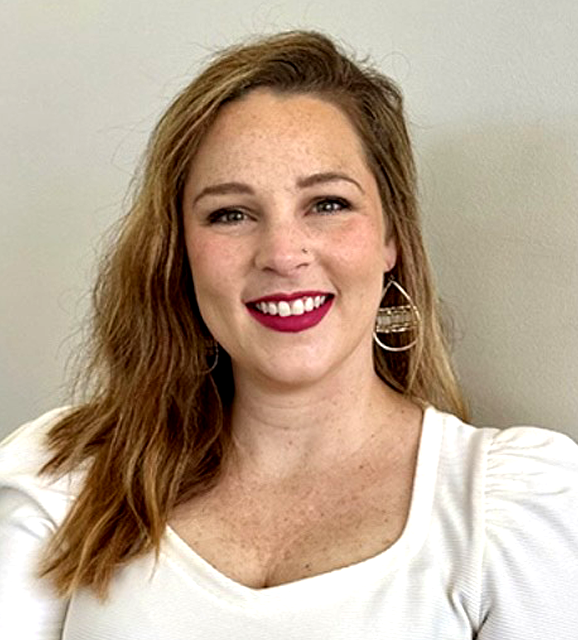Infertility affects millions of people worldwide, yet it’s still a subject surrounded by silence, shame, and misunderstanding. Both men and women can experience infertility, but the stigma they face can often differ. The societal pressures and misconceptions don’t just affect how individuals feel about their bodies—they can deeply impact mental health, relationships, and self-worth.
Infertility Stigmas Between Men and Women
Fo r women, infertility is often framed as a personal failure. In many cultures, femininity and womanhood are closely tied to motherhood, and when pregnancy doesn’t come easily, women may internalize blame. They might face subtle (or outright) suggestions that they’re “less of a woman,” or “not trying hard enough,” or “you just need to relax.” This perception can lead to intense feelings of guilt, shame, and isolation. It can also be compounded by the stress of medical interventions, the financial burden of fertility treatments, and the overall emotional rollercoaster of trying to conceive.
r women, infertility is often framed as a personal failure. In many cultures, femininity and womanhood are closely tied to motherhood, and when pregnancy doesn’t come easily, women may internalize blame. They might face subtle (or outright) suggestions that they’re “less of a woman,” or “not trying hard enough,” or “you just need to relax.” This perception can lead to intense feelings of guilt, shame, and isolation. It can also be compounded by the stress of medical interventions, the financial burden of fertility treatments, and the overall emotional rollercoaster of trying to conceive.
Men, on the other hand, often face a different kind of stigma…one rooted in masculinity. Male infertility is still a taboo subject in many communities. Since masculinity is often linked to virility and strength, being diagnosed with infertility can feel emasculating. As a result, many men choose to not talk about it or even avoid testing altogether, which can delay treatment and increase feelings of helplessness and inadequacy.
The Mental Health Impact
The emotional toll of infertility is profound. Research has shown that individuals and couples experiencing infertility are at higher risk for anxiety, depression, and relationship strain. The monthly cycle of hope and disappointment, invasive medical procedures, and social isolation and high financial strain is exhausting.
For women, the constant reminder of their struggle—from baby announcements to intrusive questions—can be overwhelming. Social gatherings can become minefields, and many women report avoiding social events or social media altogether to protect their mental well-being.
Men, too, suffer emotionally, but their pain is often less visible. Many feel pressured to stay “strong” for their partners or may lack emotional outlets entirely. Because male infertility is so rarely discussed, men often face their diagnosis in silence, leading to feelings of loneliness, inadequacy, and depression.
Breaking the Silence
Tackling infertility stigma requires a cultural shift—one that embraces open conversations, challenges outdated gender norms, and treats infertility as a medical issue, not a moral failing.

Education is key. Public awareness campaigns can help demystify the causes of infertility and normalize seeking help. Sharing personal stories—from both men and women—can also reduce stigma and foster a sense of community and understanding. However, it MUST be when and if the individuals feel comfortable with sharing their own experiences.
Healthcare providers and mental health professionals play an important role as well. By creating safe, judgment-free environments and offering emotional support alongside medical treatment, they can help individuals and couples navigate the psychological challenges of infertility more effectively and in a trauma-informed way.
Mental health must be part of the conversation around infertility. No one should feel alone in their experience, and no one should carry the weight of stigma for something beyond their control. Compassion, education, and honest dialogue are the first steps in turning pain into empowerment.


 r women, infertility is often framed as a personal failure. In many cultures, femininity and womanhood are closely tied to motherhood, and when pregnancy doesn’t come easily, women may internalize blame. They might face subtle (or outright) suggestions that they’re “less of a woman,” or “not trying hard enough,” or “you just need to relax.” This perception can lead to intense feelings of guilt, shame, and isolation. It can also be compounded by the stress of medical interventions, the financial burden of fertility treatments, and the overall emotional rollercoaster of trying to conceive.
r women, infertility is often framed as a personal failure. In many cultures, femininity and womanhood are closely tied to motherhood, and when pregnancy doesn’t come easily, women may internalize blame. They might face subtle (or outright) suggestions that they’re “less of a woman,” or “not trying hard enough,” or “you just need to relax.” This perception can lead to intense feelings of guilt, shame, and isolation. It can also be compounded by the stress of medical interventions, the financial burden of fertility treatments, and the overall emotional rollercoaster of trying to conceive.


